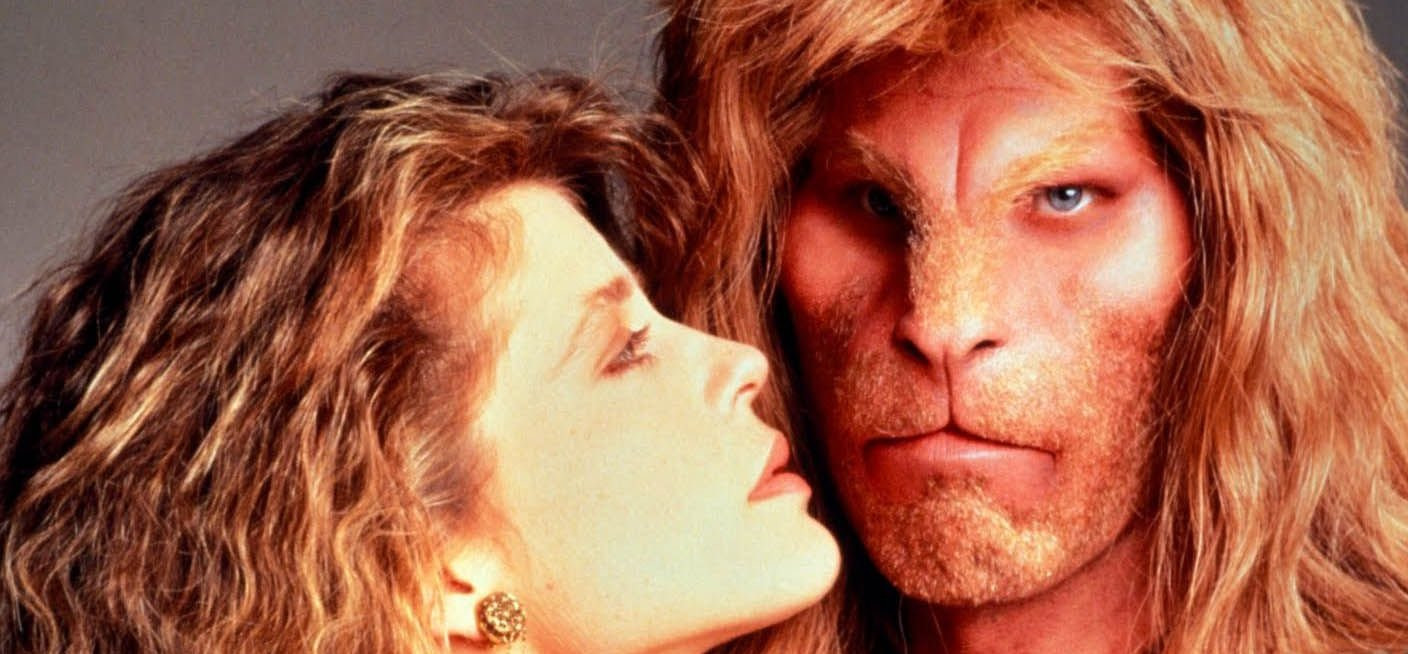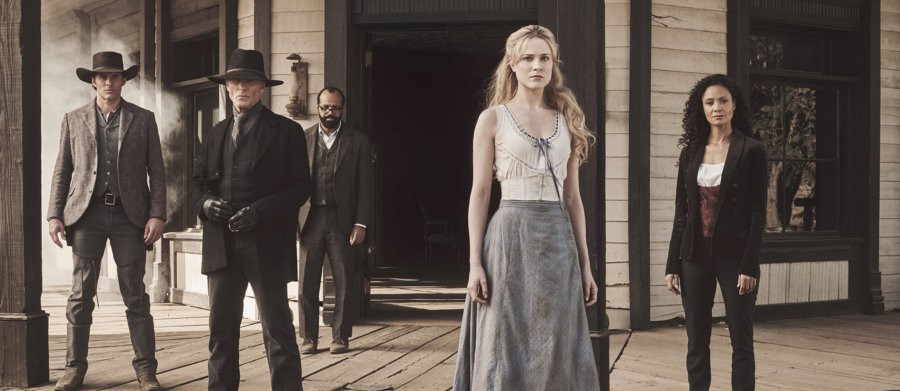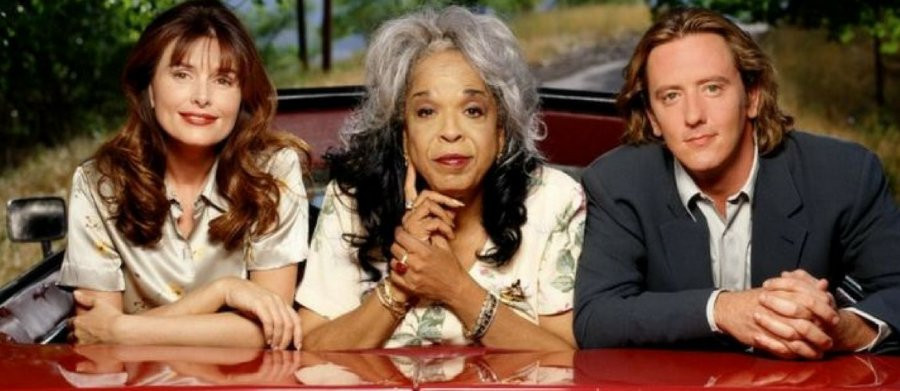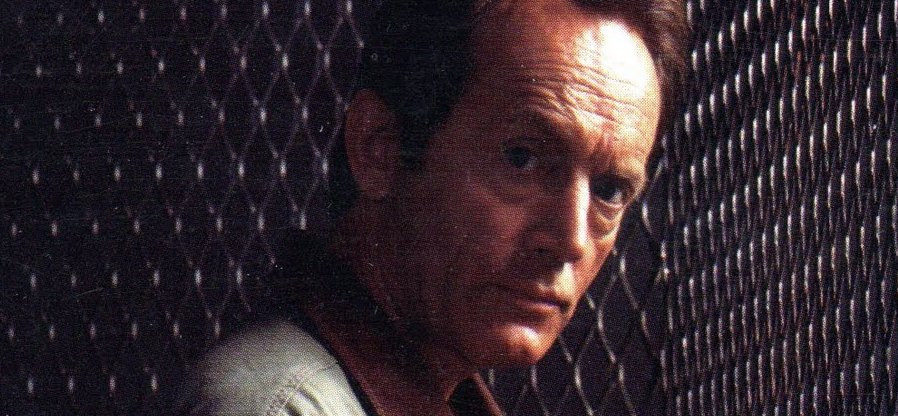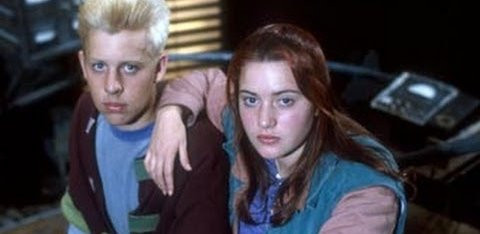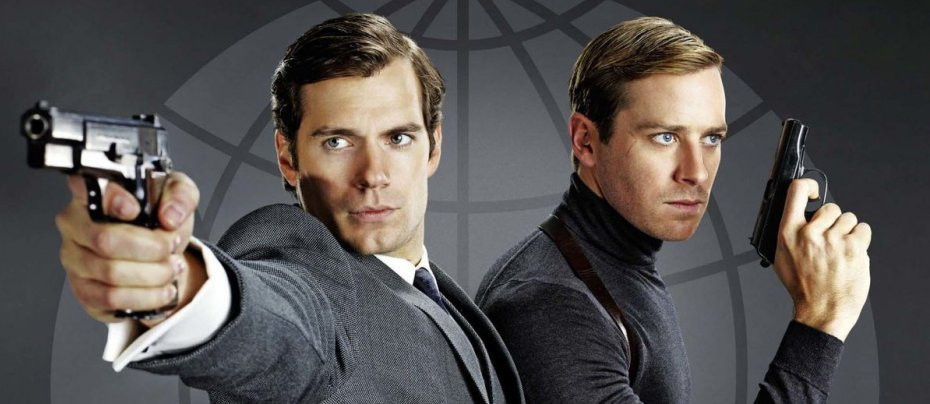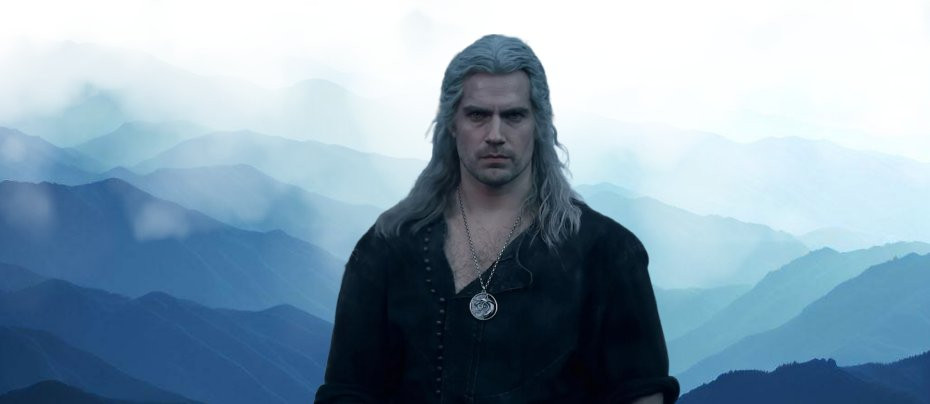
The Witcher - Season 3
‘the worst thing about Season Three is that one can see how close it came to greatness’
The Witcher Season Three review by John Winterson Richards
The negative fan reaction to Cavill's departure, and the reasons for it, make investment in further large-scale production a bad commercial proposition. Netflix is committed to continue but expect reduced budgets and a desperate eagerness to grab any pretext to get out of that commitment. The show, which started with such high hopes, mainly thanks to Cavill's involvement, has in any case been in poor shape for some time now. While we should be careful about internet gossip, including what look like deliberately planted hit pieces against Cavill, it seems well-established that he fell out with the producers and writers over the storyline. It was because he was a fan of The Witcher novels and video games that he worked hard to get the role in the first place - one of the reasons for his popularity is that he seems to have to soul of a Geek who lived out the Geek's dream of magically acquiring a Jock's body at some point in his teens. He was therefore disappointed that the storyline did not stick closer to the source material. This is a common complaint about recent fantasy adaptations (c.f. later Game of Thrones, The Wheel of Time, The Rings of Power, etc). Whether or not greater fidelity to the novels is the solution, which may be debatable, Cavill is definitely in the right about there being a big problem with the storytelling in the Netflix adaptation.
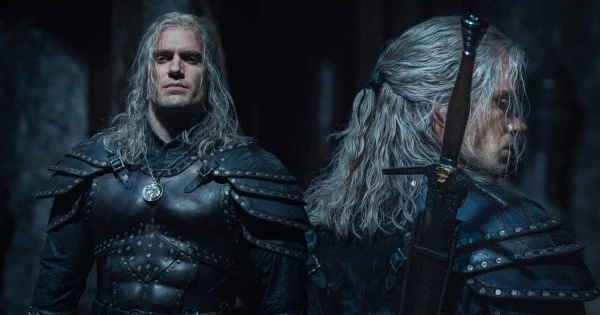
It is difficult to separate legitimate criticism of the scripting from generalised anger at the way Cavill was treated in the fans' rejection of Season Three. It does not help that, this being 2023, a "culture wars" element has crept into the discourse, despite The Witcher not being an ostentatiously political show. Whatever the reason, a lot of people set out determined to hate Season Three and this is reflected in much of the online comment. That is unfair. This overview, therefore, represents an attempt at a more even-handed analysis.
For the worst thing about Season Three is that one can see how close it came to greatness. Indeed, the most frustrating, and depressing, aspect of the show since its beginning is that it could really have been something special, not just the next Game of Thrones but better, and bigger, than Game of Thrones. In Season Three a lot of work in progress finally came together, especially on the technical and visual side, and it started strongly in narrative terms too, with our three heroes united at last and off to meet their Destiny together - except they did not... They spent most of the rest of the season trying to avoid it.
Before getting into the detail of the ongoing script problems, the Season, and the project as a whole, deserves to be celebrated for what it did well.

Top of the list, to the very end, is the leading performance. Cavill has always been the best thing about The Witcher. He was ideally cast and it is a tribute to his professionalism that, whatever his reservations about what he was asked to do, and what must have been an uncomfortable atmosphere on set, his commitment to the role remains undiminished on screen. He is, of course, at his best when he really cuts loose with a sword and he gets to do that several times this season. Yet these are also the saddest scenes because they remind the viewer how much he will be missed. Cavill is Geralt of Rivia and no one else ever can be now.
Yet, much as some fans try to deny this, The Witcher was always more than the Henry Cavill show. The real strength of the concept was the triangle between Geralt, his occasional lover Yennefer, and their surrogate daughter Ciri. While the eponymous Witcher is obviously the most important of the three, this should not detract from the superb, multilayered performances of Anya Chalotra as Yennefer and Freya Allan as Ciri.
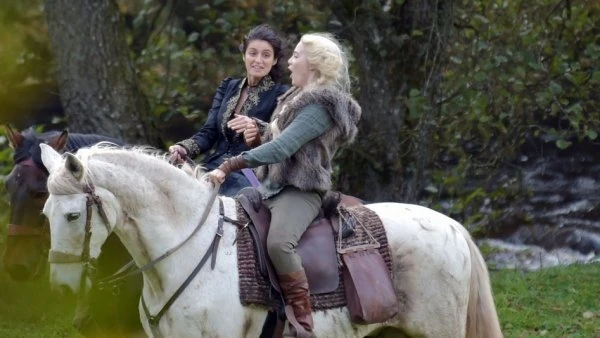
Yennefer has had the most interesting character arc: she has gone from pathetic victim to desperately ambitious to bored and arrogant to drifting to shell shocked to desperately ambitious again to humble repentance to unexpected leadership. It is a credible journey, made more credible by Chalotra pitching it just right at every stage. Ciri could be an overpowered brat, a type all too common in film and television these days, but she manages to retain our sympathy. Allan pulls off a precarious balancing act, invoking our pity for a vulnerable child without sugarcoating the teenager's essential selfishness. She gets almost an entire episode devoted to her inner journey, symbolically and literally in a desert, and Allan really makes the most of the opportunity to showcase her growing talent. It is not her fault that the episode is poorly paced and in the wrong place in the season.

Most of the supporting cast are also very good. If there are a couple of exceptions, they stand out only because the general standard is so high. It was annoying that the intriguing characters of Rectrix Tissaia and Rector Stregobor were rather thrown away after being built up so that we expected something more significant from them, and in spite of typically fine performances from MyAnna Buring and Lars Mikkelsen respectively. Graham McTavish and Cassie Clare make a good double act as a devious spymaster and a mage with owl tendencies, but their subplot is a distraction. The same can be said of Mecia Simson and Mimi Khayisa as the Queen of the Elves and another political mage. It was disappointing that Josette Simon did not return as the Queen of the Dryads, but Meng'er Zhang set up a potentially interesting character for the next season. Hugh Skinner turns up with his "Nice but Dim" Prince act. Catherine McCormack and Dempsey Bovell also show potential as another odd couple, a druidess and a werewolf. Mahesh Jadu enjoys himself going Full Villain as Vilgefortz.
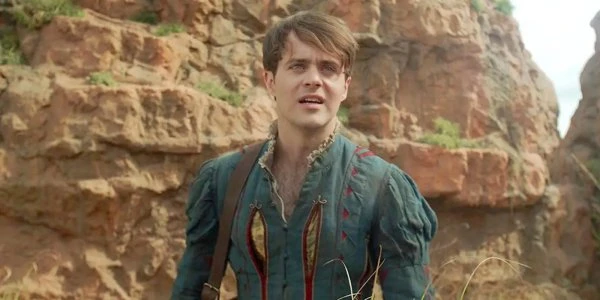
Jaskier the Bard (Joey Batey) is given more agency, which may be a mistake. He works well as a supporting character, especially in his interplay with Geralt and Yennefer, but he does not really hold up when the spotlight is on him. He is at his best as comic relief, not least in his naked envy of his more talented and successful rival Valdo Marx (Nathan Laryea)
After a very uncertain start in its first season, the show finally found its distinctive, and quite spectacular, visual style in the third. At its best the cinematography is cinematic. Its understanding of the use of colour should be studied more widely, and if that colour is punched up a little in a computer afterwards that is appropriate to the magical "fairy tale" theme of the project. The locations are well chosen, and both exteriors and interiors are wonderfully atmospheric. The desert scenes with Ciri are particularly stunning, but the detail in some of the more intimate scenes shows that the design departments feel a real commitment to their work. The set dressing deserves a special commendation, as do the costumes and the props.
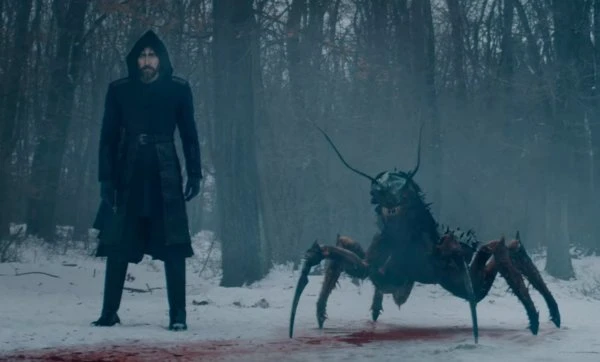
There are, however, a few jarring scenes that irritate precisely because they disrupt the suspension of disbelief that has been so firmly established. Some of the CGI is too obviously CGI, and a pivotal scene combines this with some truly amateurish backdrop work.
The fight choreography is of a consistently high standard, and it is not the fault of the actors or the choreographers that the writers and directors rely too much on busy MCU-type extended action scenes, full of sound and fury signifying very little.
This returns us to the basic problem, the structure of the script. The first episode of Season Three finally got us to where we really should have been back in Season One, the classic Lost Princess narrative, as seen in The Hidden Fortress, Star Wars, Game of Thrones, and a thousand similar tales. Our Princess, Ciri, has begun to gather the band of helpers, the substitute family, who will enable her to free her Kingdom. The thing should practically write itself from here.
Ciri speaks for the whole audience towards the end of the episode when she tells Geralt and Yennefer that she hopes they will stay together. They promptly split - distracted by a series of what gamers call "side quests." At the same time, the writers try to distract the audience with a series of subplots based on either politicking or the supernatural elements of the story - except that the main supernatural threat that has been built up, the Wild Hunt, is forgotten almost entirely in the second half of the season. To be honest, this is no great loss because the Wild Hunt is nothing like as terrifying as it ought to be, but that leaves us with just the politicking. The first four seasons of Game of Thrones proved that this can be compelling. Here it is not.
This is where The Witcher pays the price for not investing more in world-building in its first season. The politics has always been a background issue and we have no emotional stake in it. Will a power shift among the mages enable them to bring together an alliance of the Northern Kingdoms, including Redania, to resist Nilfgaard? Who cares? By this stage, no one. Our only real concern is for Geralt, Yennefer, and Ciri, not necessarily in that order.

It does not help that, if one can be bothered to think about it seriously, most of the political manoeuvring makes little sense. An episode with a splendid ball that might have made the intrigue intriguing is wasted as the writers relapse into their annoying Season One time jump habit. The next episode gives us the MCU finale two episodes early. Characters keep turning up dramatically with no explanation. Motivation is generally ignored. The supposed Big Twist was clearly visible from Season One. Where we were half expecting Cavill to be given an epic exit, he spends most of his last two episodes on his back. A final gratuitous swordfight serves no purpose except to remind us what we are going to miss. In the end, Geralt just kills a few people needlessly and then wanders off - which seems an appropriate metaphor for the whole Season.
Published on August 4th, 2023. Written by John Winterson Richards for Television Heaven.



